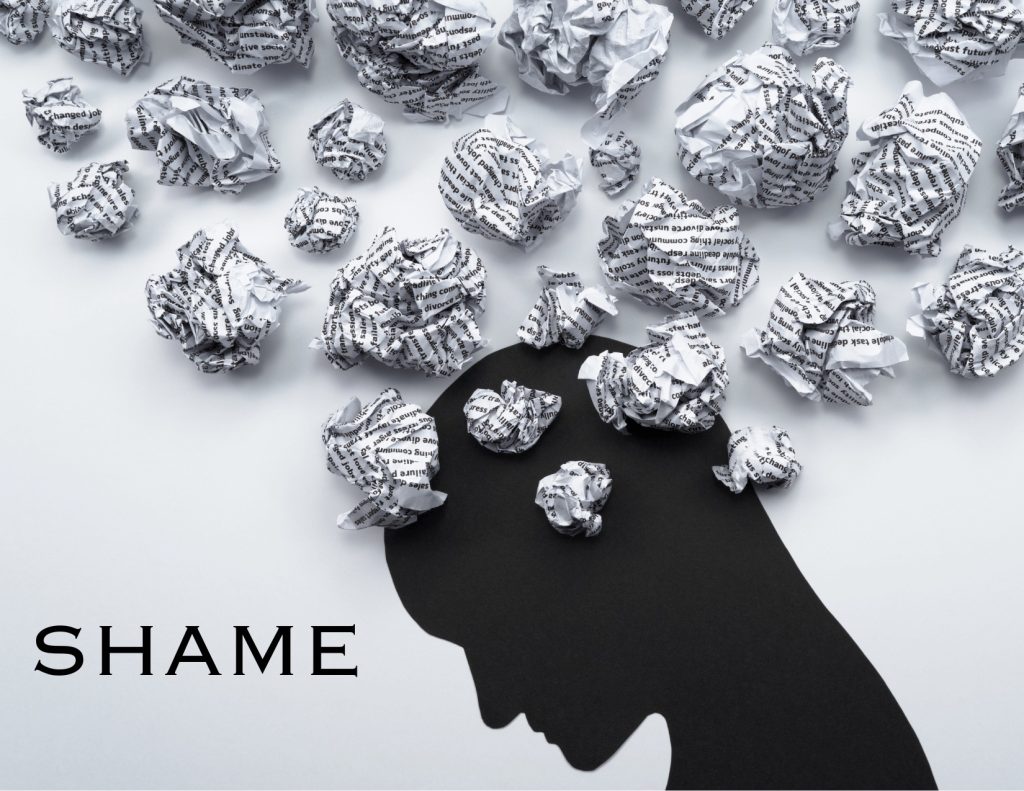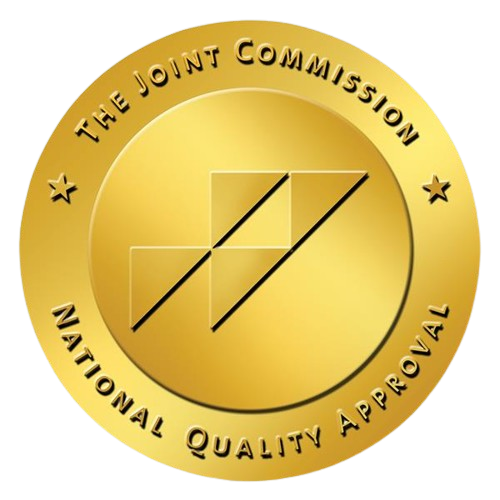Shame is a powerful emotion that can have a devastating impact on individuals struggling with addiction. Often overlooked or misunderstood, shame can create a cycle of self-doubt, guilt, and isolation that drives the self-destructive cycle of addiction instead of supporting healthy recovery.
Understanding Shame
Shame is a deep-seated feeling of worthlessness or embarrassment that arises from a perceived failure or flaw. Unlike guilt, which focuses on specific actions or behaviors, shame is more pervasive, affecting a person’s entire sense of self. When someone struggling with addiction experiences shame, they may feel like they are fundamentally flawed or unworthy of love and acceptance.
The Impact of Shame on Addiction
- Isolation: Shame can lead to feelings of isolation and loneliness. Individuals may be afraid to reach out for help or connect with others due to fear of judgment or rejection.
- Self-Blame: Shame can cause individuals to blame themselves for their addiction, leading to feelings of guilt and self-hatred. This can make taking responsibility for their recovery and seeking necessary support difficult.
- Relapse: Shame can increase the risk of relapse. When individuals feel ashamed of their addiction, they may be more likely to engage in self-destructive behaviors as a way to cope with their negative emotions.
- Treatment Avoidance: Shame can make it difficult for individuals to seek help for their addiction. They may fear that others will judge them or that they will be unable to overcome their addiction.
Overcoming Shame
Overcoming shame is a crucial step in addiction recovery. Here are some strategies that can help:
- Challenge Negative Thoughts: Recognize and challenge negative thoughts about yourself. Replace them with positive affirmations and reminders of your strengths and worth.
- Seek Support: Connect with others who understand what you’re going through. Support groups, therapy, and peer mentoring can provide a safe and supportive environment.
- Practice Self-Compassion: Treat yourself with kindness and understanding. Remember that everyone makes mistakes, and you deserve compassion.
- Focus on Recovery: Shift your focus from shame to recovery. Celebrate your progress and achievements, no matter how small.
By addressing the underlying shame associated with addiction, individuals can break free from the cycle of self-doubt and isolation and embark on a path toward lasting recovery. At Triangle Wellness & Recovery we recognize the toxic effects of shame and help individuals overcome self-loathing to build hope, resiliency and a new vision for their future.



